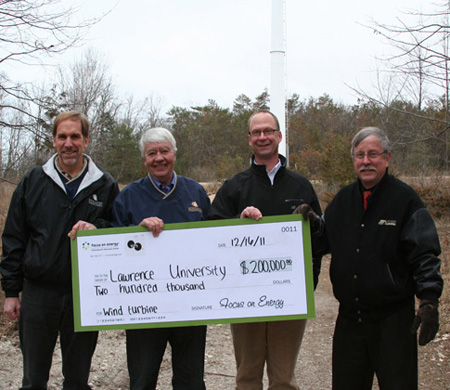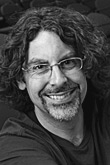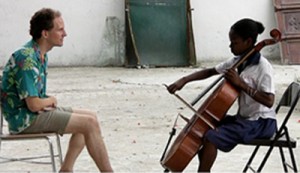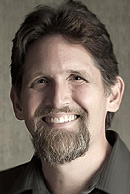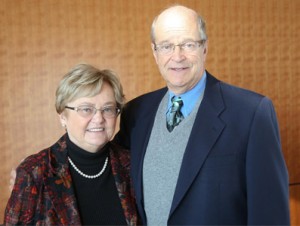Inspired by appetite, the culinary arts and the pursuit of satisfaction, Milwaukee-based Wild Space Dance Company serves up a moveable feast of inventive dance and wry humor in “Delicious” Friday, Jan. 13 at 8 p.m. in Lawrence University’s Stansbury Theatre.
Tickets, at $10 for adults, $5 for senior citizens and students, are available through the Lawrence University Box Office, 420 E. College Ave., Appleton, 920-832-6749.
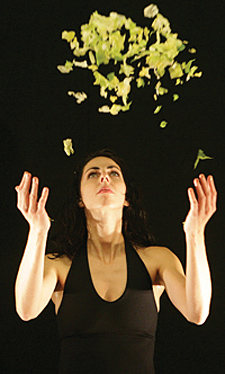
The menu for “Delicious” includes flying dishes, favorite and feared recipes and onstage directions on good dinner manners. Through interwoven vignettes of theatrical movement and full-bodied dance, performers reveal desires and disappointments in the pursuit of satisfaction.
“Creating a performance inspired by the art and act of cooking reflects my own love of the culinary experience,” said Debra Loewen, artistic director of Wild Space. “Like preparing a meal, dance begins with directions, ingredients like dancers, props and costumes are added, and then there is time to rehearse until a final performance is ready to be served. To invent movement for ‘Delicious,’ we looked at the similarities of the cooking and choreographic process, and the desires that drive us to find a sense of fulfillment in food and life.”
Wild Space Dance Company has served as a company-in-residence at Lawrence since 2000, bringing professional dance to the Lawrence community and providing students principles of dance art in performance through classes and workshops taught by Loewen and members of her company.
Named 2011 Artist of the Year by the Milwaukee Arts Board, Loewen has led Wild Space Dance Company for 25 years. Known for its site-specific dance events and artistic collaborations, the company merges dance with visual art, architecture and music to create inventive choreography and emotionally-charged performances. It has toured performance work to Chicago, Minneapolis, New York, South Korea and Japan.
Founded in 1847, Lawrence University uniquely integrates a college of liberal arts and sciences with a world-class conservatory of music, both devoted exclusively to undergraduate education. Ranked among America’s best colleges, it was selected for inclusion in the book “Colleges That Change Lives: 40 Schools That Will Change the Way You Think About College.” Individualized learning, the development of multiple interests and community engagement are central to the Lawrence experience. Lawrence draws its 1,445 students from 44 states and 35 countries.

